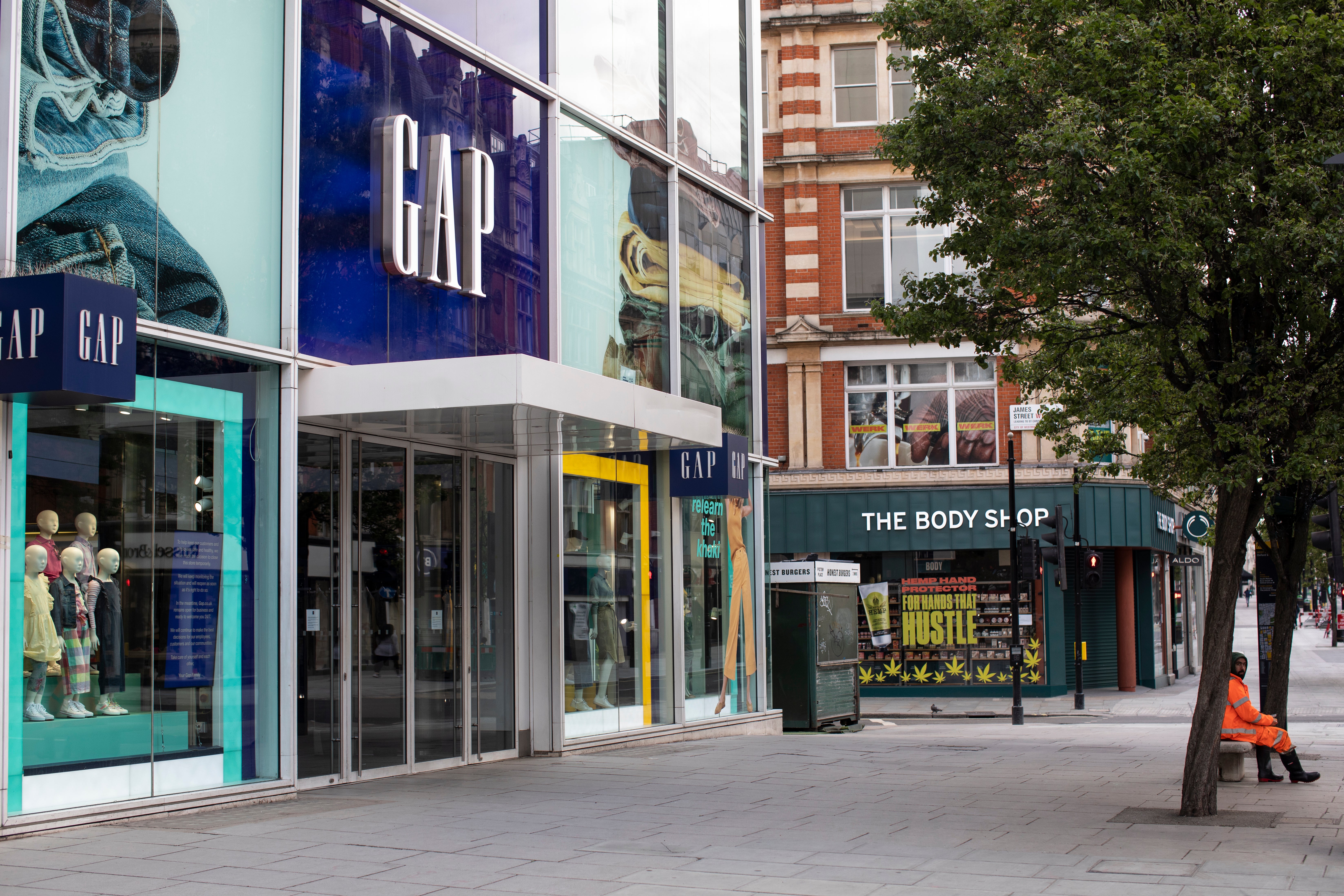Boris Johnson’s decision to ditch compulsory masks will damage the high street’s recovery
Consumers are now making ‘purposeful’ trips to the shops instead of browsing. But, asks James Moore, what happens when face coverings become ‘personal choice’?


There’s a ray of light shining on planet retail – and the sector could surely use one.
The latest regular British Retail Consortium-KPMG retail sales monitor show that in the quarter to June there was a mammoth rebound in like-for-like for sales after stores reopened and people continued to spend more online.
While online inevitably did the heavy lifting, there were also signs of life from the beleaguered bricks-and-mortar sector, which includes Britain’s high streets and shopping centres.
Total sales through this channel were down slightly overall compared with 2019 (2020 with its in-out lockdowns makes a poor point of comparison so the BRC is cutting it out of the numbers), but growth returned in June.
Unfortunately, there’s a fly in the ointment, courtesy of the British government.
The increase in sales recorded in June comes despite the BRC having earlier reported a sharp decline in consumer footfall of 33.4 per cent over the same month, compared with 2019, and a three-month average decline of 36.9 per cent.
Clearly the two sets of figures are telling us something: people might be spending in shops again but they’re not visiting them like they used to. They’re not browsing.
Helen Dickinson, the BRC’s chief executive, said the public were instead making “purposeful” shopping trips, presumably with specific purchases in mind.
“Retailers are hopeful that footfall will recover further with the move to the final stage of the (reopening) roadmap,” she said.
Her members desperately want that to happen because it is when customers browse that they make the impulse purchases that help them to turn a profit.
But are those hopes going to be realised when Covid-19 cases are booming?
The government is, as part of the final stage of the roadmap, dropping indoor face mask mandates despite a series of warnings from scientists.
As things stand, mask-wearing will be a matter of “personal choice”. Of course, retailers could impose their own rules, but the government’s stance is the one most of them are following, partly because it is what their competitors are doing, but also out of concerns over the shameful behaviour of anti-mask louts who have been abusing and even assaulting shop staff.
Here’s the problem: allowing such louts to waltz in and out of shops bare-faced, (potentially) spraying virus particles as they go, is inevitably going to put others off entering shops at all.
The footfall survey makes very clear that there are significant numbers of people who are not at all comfortable with browsing, even with a mask mandate in place.
What if those people now also suspend their “purposeful shopping trips” and stick to online for future purchases? Happy days for Amazon. Not so happy for its high street rivals.
It is worth noting that at the end of last month Israel, one of the poster children for vaccination success, reinstated an indoor mask mandate just 10 days after its removal.
The British government has, to date, failed to show a similar level of decisiveness. The messaging has moved away from “personal choice” to advising that people should act with “caution”. But that’s about as useful as a shop with no goods to sell. Sensible people were always going to exercise that and continue to wear their masks. The irresponsible and the stupid – the sort of people who trashed London after the football at the weekend – never were.
With its coddling of those people, the government may ultimately choke off the tentative bricks-and-mortar retail recovery. It’s basically putting funding Amazon founder Jeff Bezos’s latest space adventures above thousands – maybe tens of thousands – of high-street retail jobs.
That’s a decidedly strange sort of levelling up.
Join our commenting forum
Join thought-provoking conversations, follow other Independent readers and see their replies
Comments

Bookmark popover
Removed from bookmarks